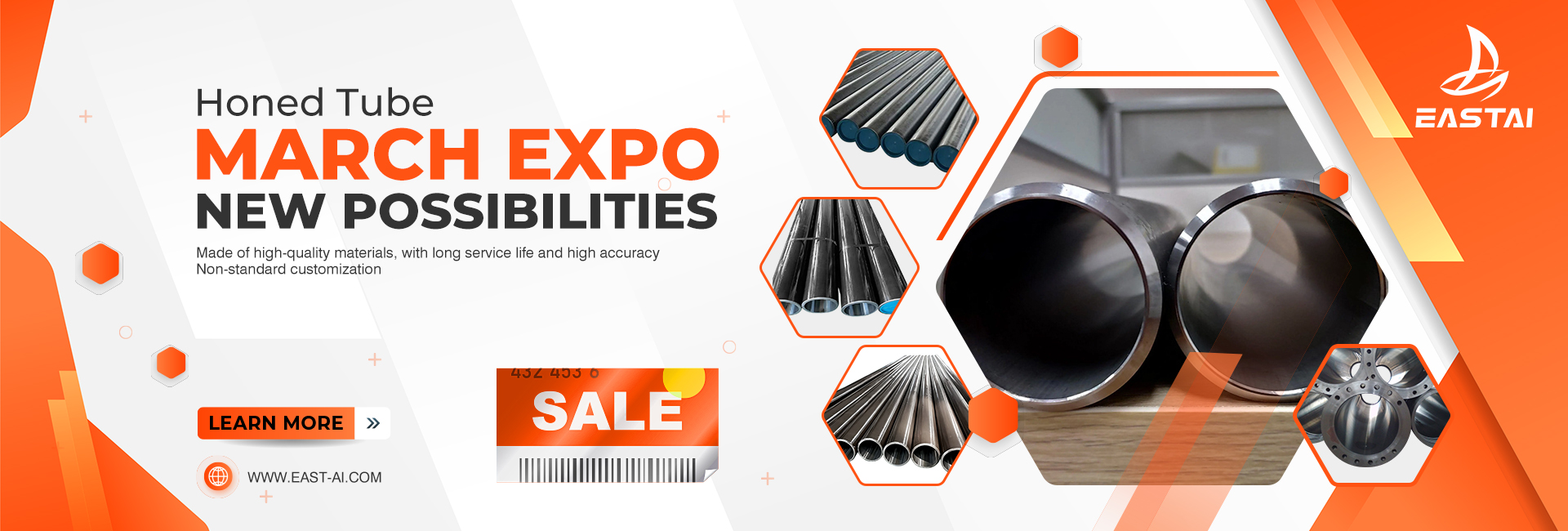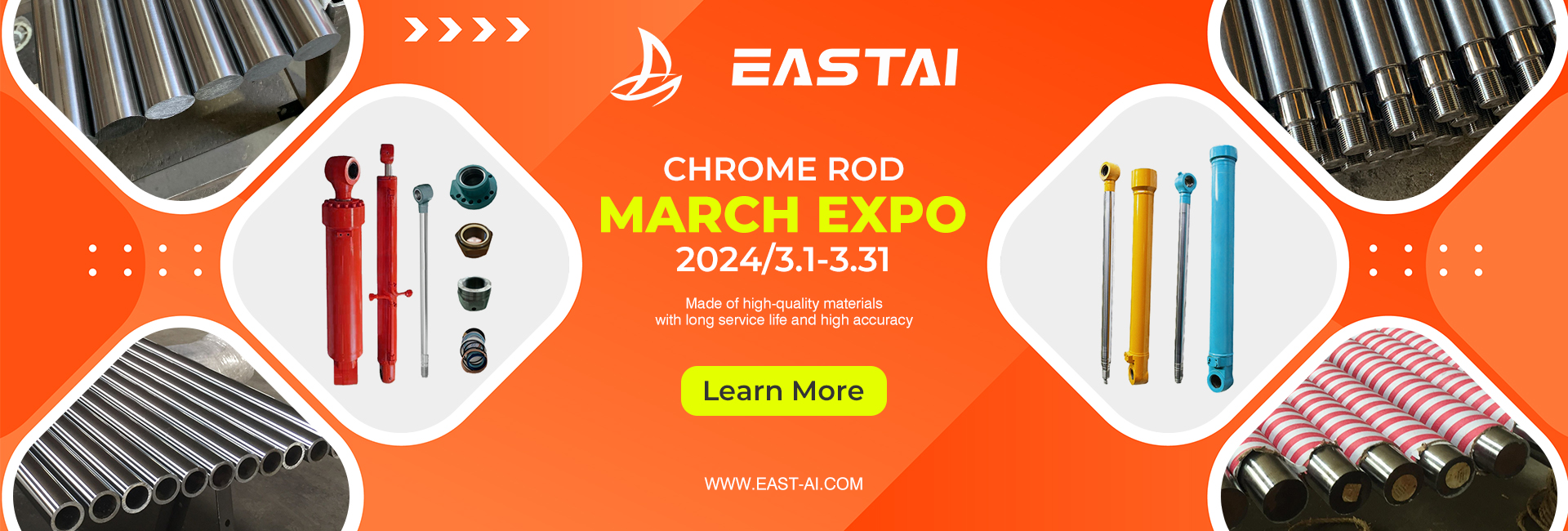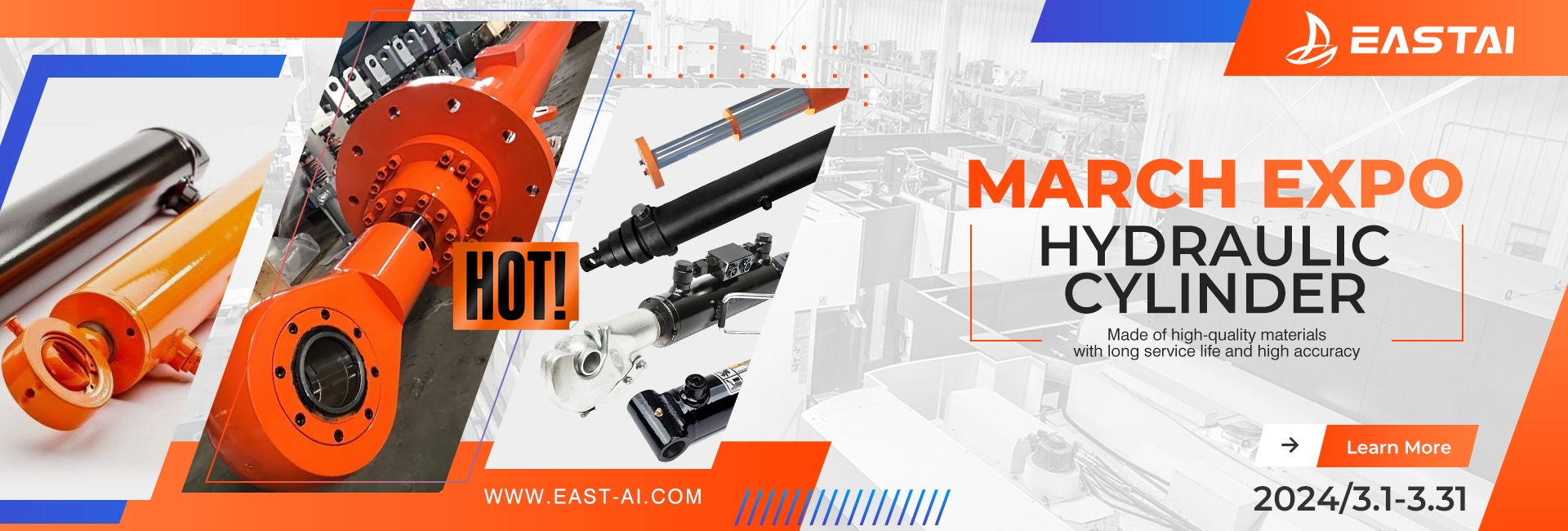Piston hydraulic motors are mechanical actuators that convert hydraulic pressure and flow into torque and rotation. They are widely used in various industrial, mobile and marine applications due to their high efficiency, reliability and versatility.
How it Works
A piston hydraulic motor consists of a cylinder block with multiple pistons, a drive shaft, and a control valve that regulates the flow of hydraulic fluid into and out of the cylinder. The pistons move back and forth within the cylinder, driven by the pressure of the fluid, which is supplied by a pump.
As fluid flows into a piston chamber, it pushes the piston out, causing it to rotate the drive shaft. The fluid then exits the chamber and returns to the pump, ready to be reused. This cycle is repeated for each piston, providing the torque required to drive the motor.
Types of Piston Hydraulic Motors
There are several types of piston hydraulic motors, including radial piston, axial piston and vane motors. Radial piston motors have pistons arranged in a circular pattern, which results in a compact design. Axial piston motors have the pistons arranged in a linear pattern, providing a high torque output and high speed capability. Vane motors have a rotating vane that creates a pumping action, resulting in a high starting torque and smooth operation.
Advantages of Piston Hydraulic Motors
- High Efficiency: Piston hydraulic motors are highly efficient, converting up to 95% of the energy supplied by the pump into useful work.
- Reliability: The simple and robust design of piston hydraulic motors makes them highly reliable, with a long service life.
- Versatility: Piston hydraulic motors can be used in a variety of applications, including construction equipment, material handling equipment, and marine propulsion systems.
- Control: Piston hydraulic motors can be controlled by adjusting the flow of fluid, which provides precise control over speed and torque.
- Durability: Piston hydraulic motors are designed to withstand harsh operating conditions, making them ideal for use in demanding applications.
Disadvantages of Piston Hydraulic Motors
- Cost: Piston hydraulic motors are more expensive than other types of hydraulic actuators, such as vane or gear motors.
- Maintenance: Regular maintenance is required to keep piston hydraulic motors operating at peak efficiency, including regular oil changes and cleaning.
In conclusion, piston hydraulic motors are a versatile, efficient and reliable solution for a wide range of applications. Their robust design and ability to withstand harsh operating conditions make them ideal for demanding applications, while their high efficiency and precise control make them suitable for more delicate applications.
Post time: Feb-06-2023




